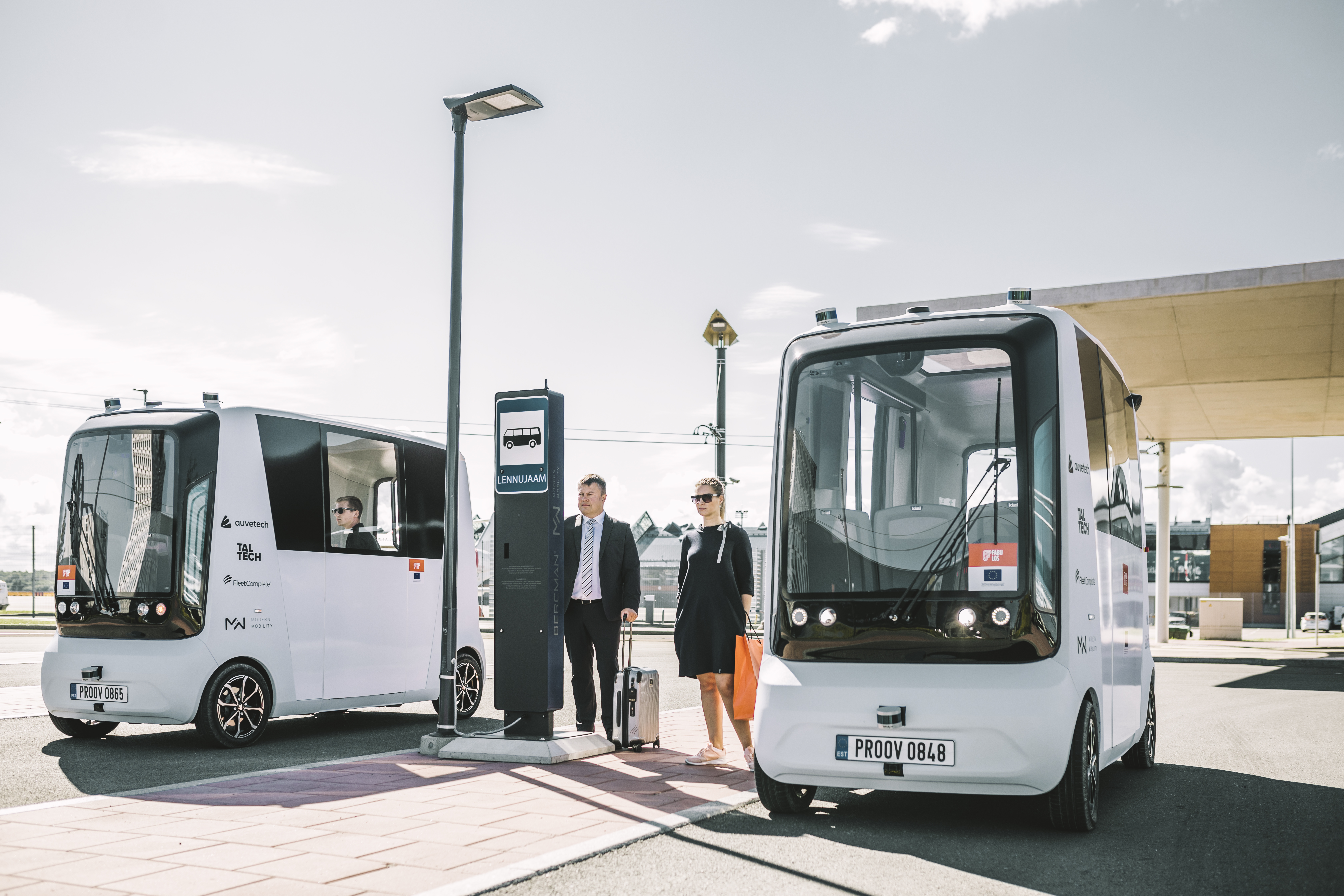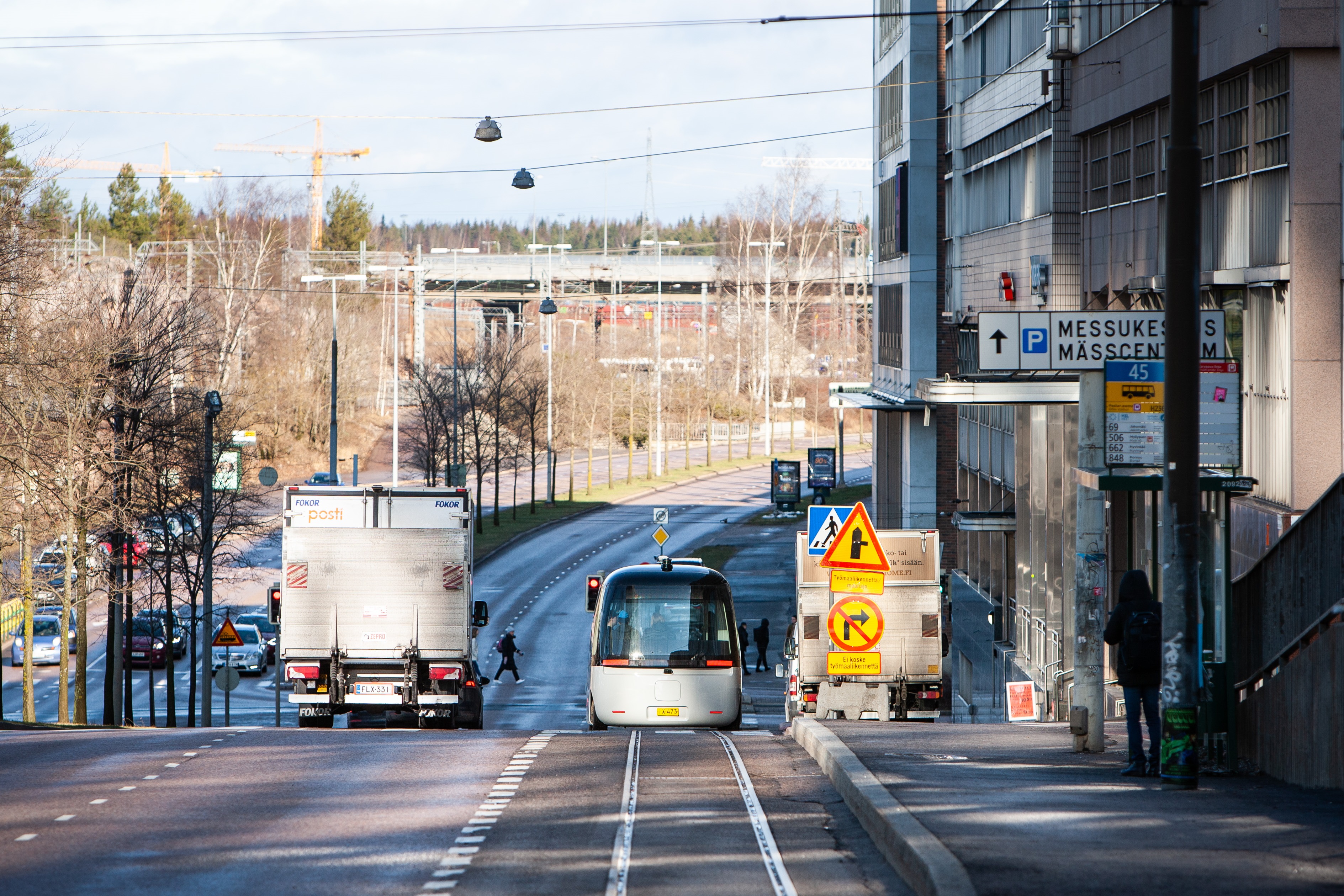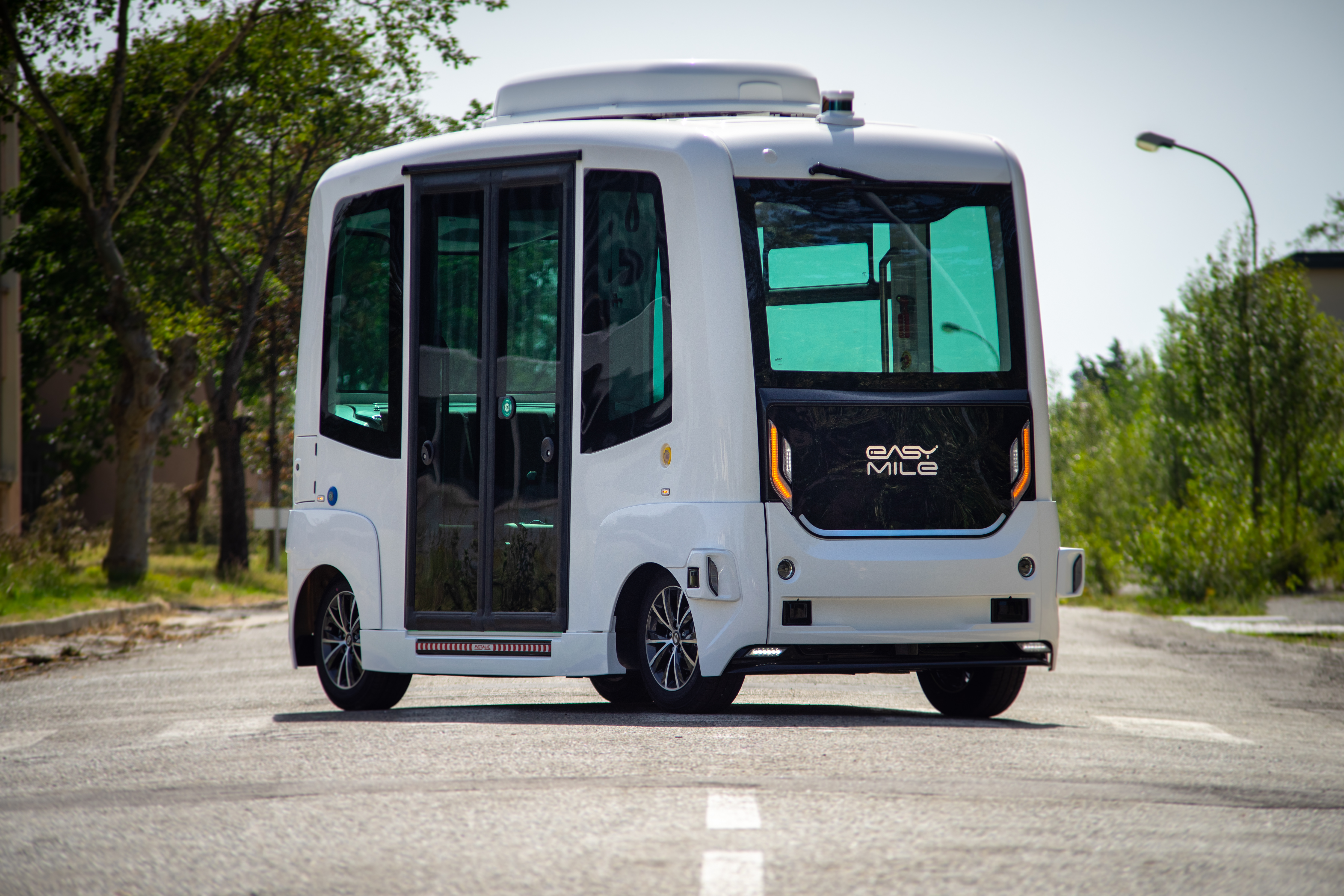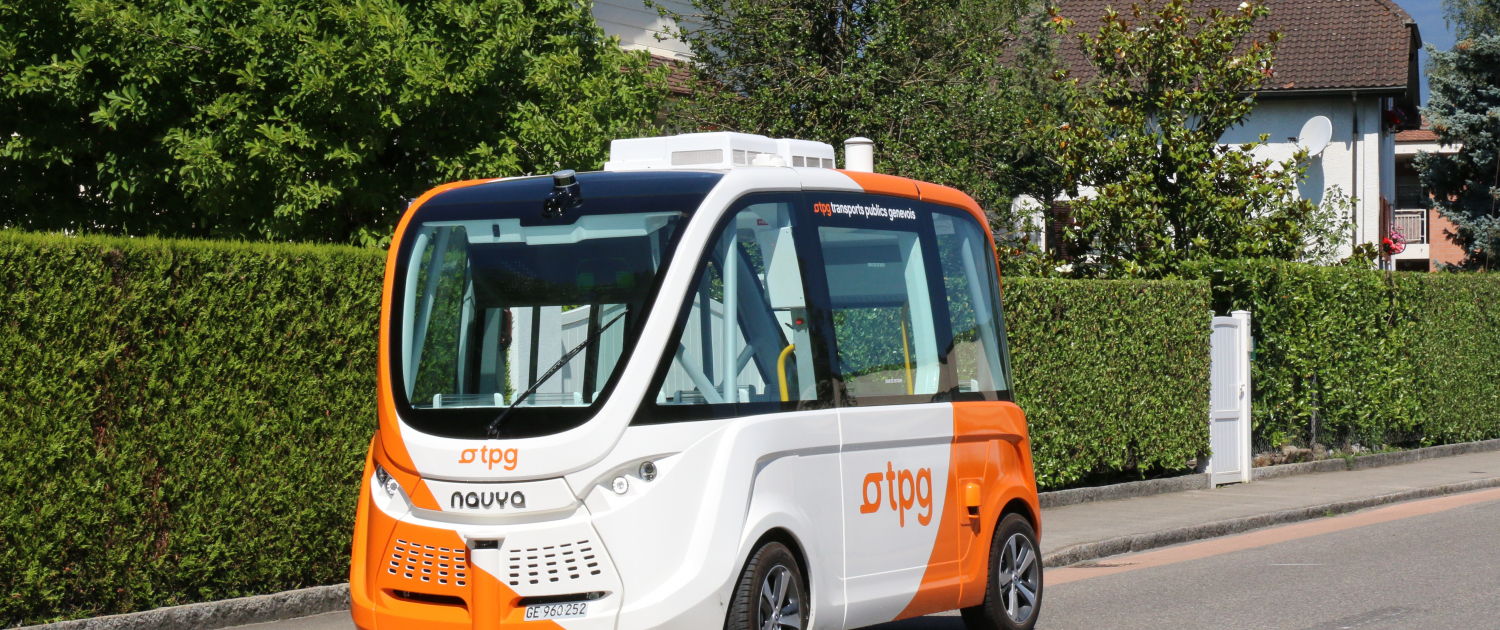
An Estonian consortium whose members include Tallinn University of Technology (TalTech) has trialled an autonomous bus which has been declared as “street legal” in Greece.
A statement issued by TalTech says Auve Tech's autonomous bus carried nearly 400 people across 1,930km of streets over two months in the municipality of Lamia.
The bus, called Iseauto, was tested under traditional traffic conditions and maintained contact with an operating room and smart bus stops.
During the test, an expert aware of the characteristics of the bus accompanied each ride as the vehicle travelled at 25 km/h.
A survey conducted during the pilot highlighted the readiness of passengers to use autonomous transport in their daily commute.
Mari-Ly Klaats, board member of AuveTech, says: “Together with our consortium, we have proven that the future of mobility holds great opportunities. Nevertheless, this has demonstrated to be only the beginning of our journey and it is great to see it has embarked in Greece with such great success and positive feedback.”
Dimitris Kyritsis, vice mayor of development planning and e-government of Lamia, says the pilot has allowed the city, citizens, visitors, local businesses and the officials to evaluate the suitability, feasibility and sustainability of the technology.
“We truly believe that in the near future robot buses will be considered a natural extension of public transport in the city,” Kyritsis adds.
As part of the trial, smart bus stops provided live bus schedules and arrival times.
According to TalTech, smart bus stops in the future will allow passengers to request a ride or notify the bus about their special needs, such as wheelchairs and prams, using a screen in the bus stop or a mobile app.
The buses can therefore avoid empty riders out of rush hours and be available for passengers when needed, the university adds.
Consortium partner Modern Mobility is currently developing a mobility management platform for the bus stops.
Other consortium members include Fleet Complete, with Bercman Technologies acting as cooperation partner.
The demonstration was part of the Fabulos (Future Automated Bus Urban Level Operation Systems) project, an initiative which focuses on how cities can use automated buses in a systematic way.
The Fabulos project was financed by the European Union and coordinated by Forum Virium.











